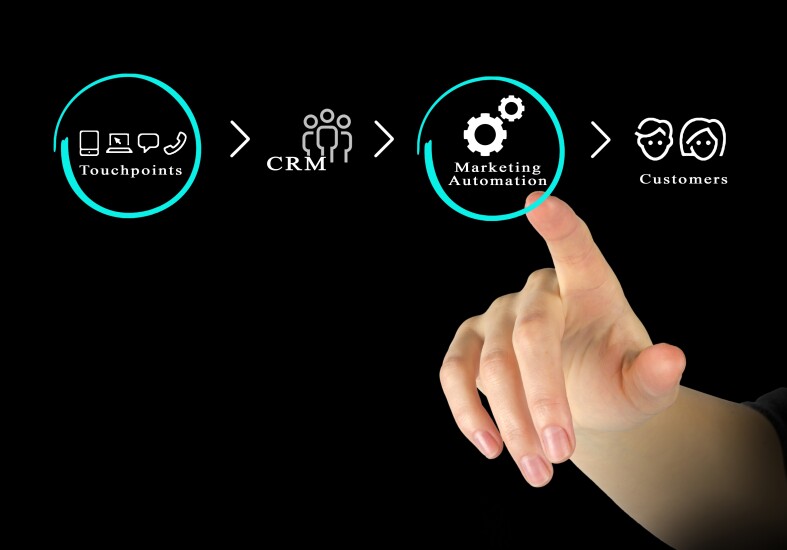Technology is seen as a solution for time management, labor shortages, communication and collaboration. Accounting firms are no exception. After speaking to more than 85 member firms during BKR International’s Worldwide Meeting in London, here are the top 10 technologies that accounting firms plan to embrace or enhance in 2018.

<BR>

1. Video

2. Apps and analytics

3. Conversational platforms

4. Event drivers

5. Adaptive security

6. Marketing automation

7. Digital recruitment

8. Social selling

9. Content marketing






